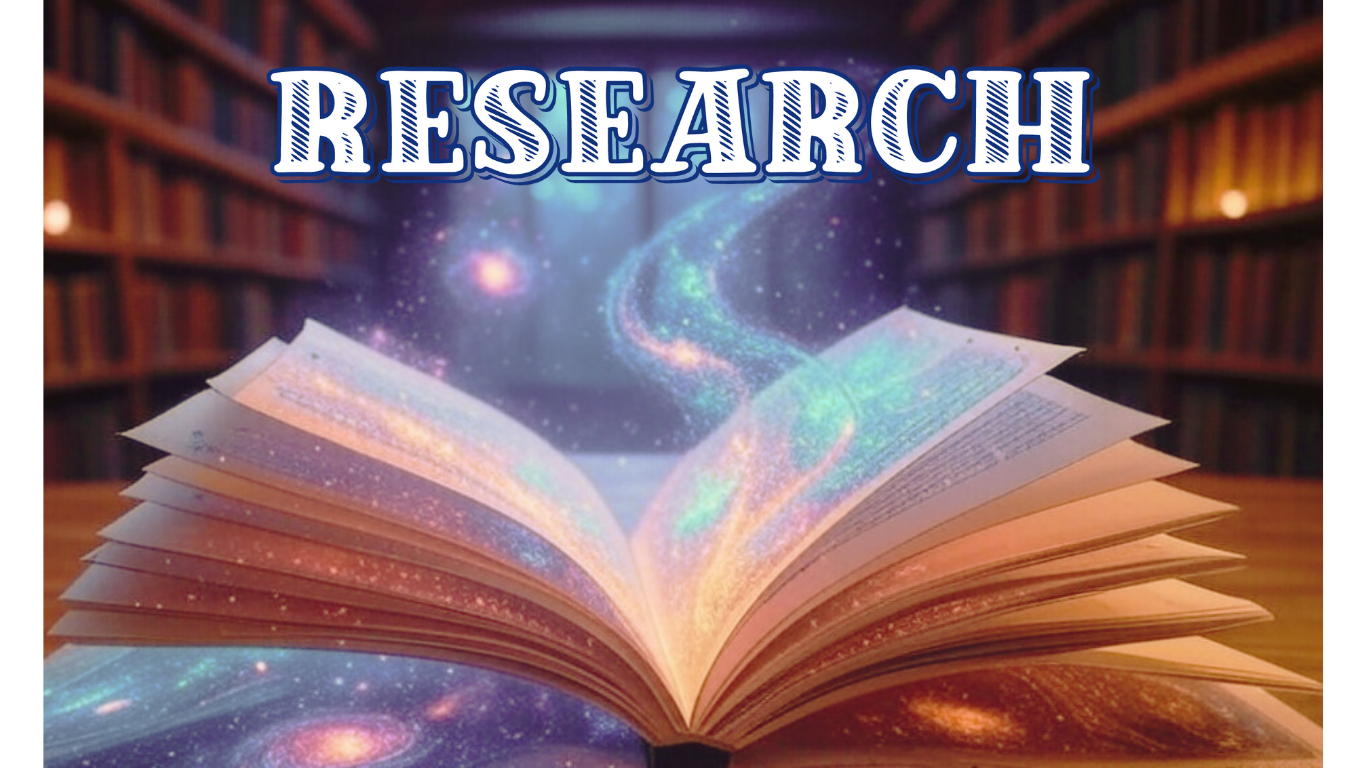Here is a archive of plant medicine research and data available to the public

2024 Stanford Medicine study
A 2024 Stanford Medicine study found that ibogaine, a plant-based psychoactive, combined with magnesium, safely reduced PTSD, depression, and anxiety symptoms by 88%, 87%, and 81%, respectively, in 30 veterans with traumatic brain injuries. Conducted in Mexico, the single-dose treatment improved functioning, shifting disability from mild-to-moderate to none, with no serious side effects. The results suggest ibogaine’s potential as an effective therapy for veterans, warranting further research.
https://med.stanford.edu/news/all-news/2024/01/ibogaine-ptsd.htmlNew York Times 2024
The article explores ibogaine, a powerful psychedelic derived from a Central African shrub, gaining attention for treating opioid addiction. Research indicates it can alleviate withdrawal symptoms and cravings, with some patients achieving sobriety after one session. Despite its promise, ibogaine remains illegal in the U.S. due to risks like cardiac arrest. The article highlights its potential to address the opioid crisis, ongoing research, and the challenges of its intense, lengthy psychedelic effects.
UC Davis Reasearch 2025
UC Davis researchers at the Institute for Psychedelics and Neurotherapeutics achieved the total synthesis of ibogaine, a psychoactive compound with anti-addictive and antidepressant potential, using pyridine as a starting material. Published in Nature Chemistry, the study details a scalable, efficient method producing ibogaine and analogs in six to seven steps with 6–29% yields. This breakthrough enables sustainable production, reduces reliance on scarce plant sources, and facilitates research into safer, therapeutic analogs.
https://www.ucdavis.edu/health/news/uc-davis-researchers-achieve-total-synthesis-ibogaine
Nature Medicine Article 2024
The article, published in Nature Medicine on January 4, 2024, details the Magnesium–Ibogaine: Stanford Traumatic Injury to the CNS (MISTIC) protocol, an observational study involving 30 male Special Operations Forces veterans with predominantly mild traumatic brain injury (TBI). The study concludes that treatment with ibogaine, a plant-derived psychoactive compound, combined with magnesium to mitigate cardiac risks, yielded significant improvements in disability, psychiatric symptoms, and cognition. Participants experienced notable reductions in symptoms of post-traumatic stress disorder (PTSD), depression, and anxiety, alongside enhanced cognitive function. The treatment was administered with complementary modalities, and the safety profile was favorable, with no serious adverse events reported. The findings suggest ibogaine’s potential as a novel therapeutic for TBI-related sequelae, particularly in high-risk populations like veterans. However, the study emphasizes the need for further research with rigorous safety monitoring to confirm efficacy and address ibogaine’s risks, such as cardiac arrhythmia. These results highlight the promise of psychedelic-assisted therapies for neuropsychiatric conditions but underscore the necessity for controlled trials to establish long-term safety and therapeutic benefits.
psychiatrist.com 2024
A Stanford study published in Nature Medicine found that ibogaine, a psychedelic compound, significantly improved symptoms in veterans with traumatic brain injuries (TBI). The observational study of 30 Special Operations Forces veterans showed reduced PTSD, depression, and anxiety symptoms, with enhanced cognitive function after ibogaine treatment paired with magnesium for cardiac safety. No serious adverse events were reported, but further research is needed to confirm efficacy and ensure safety due to potential cardiac risks.
https://www.psychiatrist.com/news/ibogaine-appears-to-help-veterans-with-brain-injuries/VetSolutions.org
The Stanford University neuroimaging study, supported by VETS, concluded that ibogaine therapy significantly improved mental health and cognitive function in 30 U.S. Special Operations veterans with traumatic brain injury (TBI) and PTSD. Published in Nature Medicine in January 2024, the study observed notable reductions in disability, PTSD, anxiety, depression, and suicidal ideation post-treatment. Using ibogaine with a cardioprotective agent, the research highlights its potential as a transformative treatment, warranting further investigation.
https://vetsolutions.org/research/stanford-university-neuroimaging-study

